Selçuk Balamir
continue to Selj's blog or follow on social media
Doctoral Thesis in Cultural Analysis
Selçuk Balamir, University of Amsterdam
This thesis surveys the ways in which design practices can contribute to a postcapitalist transition. I study several contemporary product design projects that develop everyday tools, building systems, and fabrication machinery. Together, they encapsulate peer production, open-sourcing, and the maker movement.
These trends constitute a coherent methodology of commoning, which manifests itself in three ways: shared creation (designing in common), shared governance (managing designs in common), and shared access (holding the means of production in common). I describe how this shared valorisation of labour, knowledge, and artefacts radically alters the political economy of design practices.
In the early twenty-first century, planet Earth finds itself thoroughly designed. The designs imposed upon the planet have been overwhelmingly detrimental to the living systems sharing its thin crust. The world is now said to have moved into a new epoch, the Anthropocene, in which humans have shaped their environments so comprehensively that their influence is henceforth inscribed in the geological record.

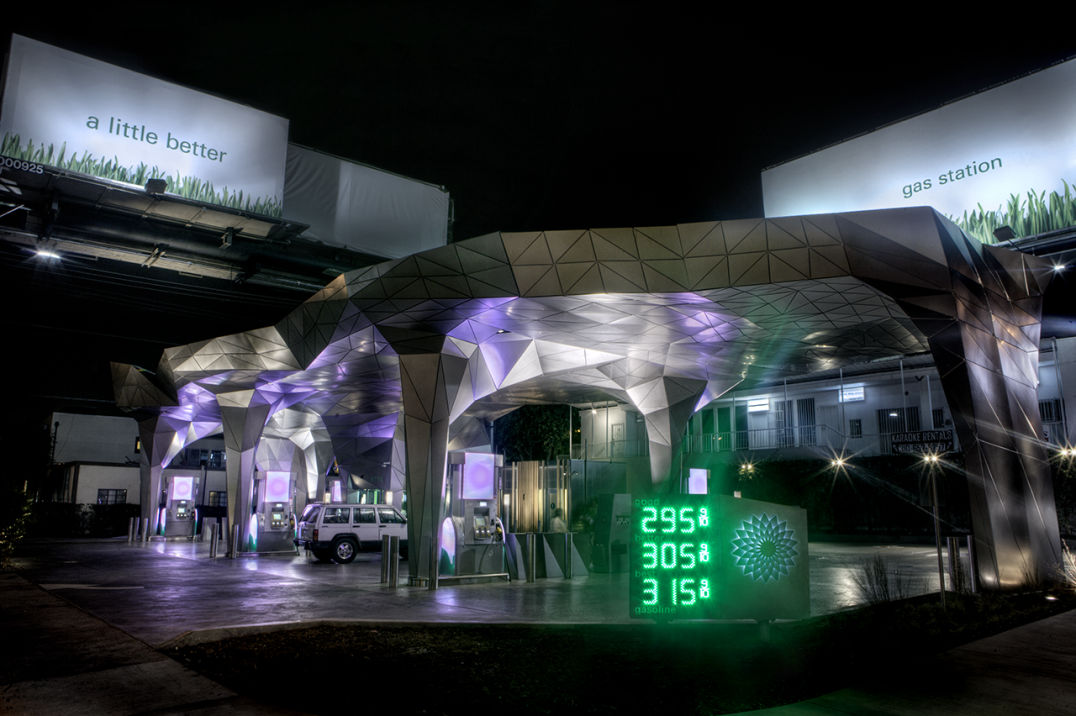
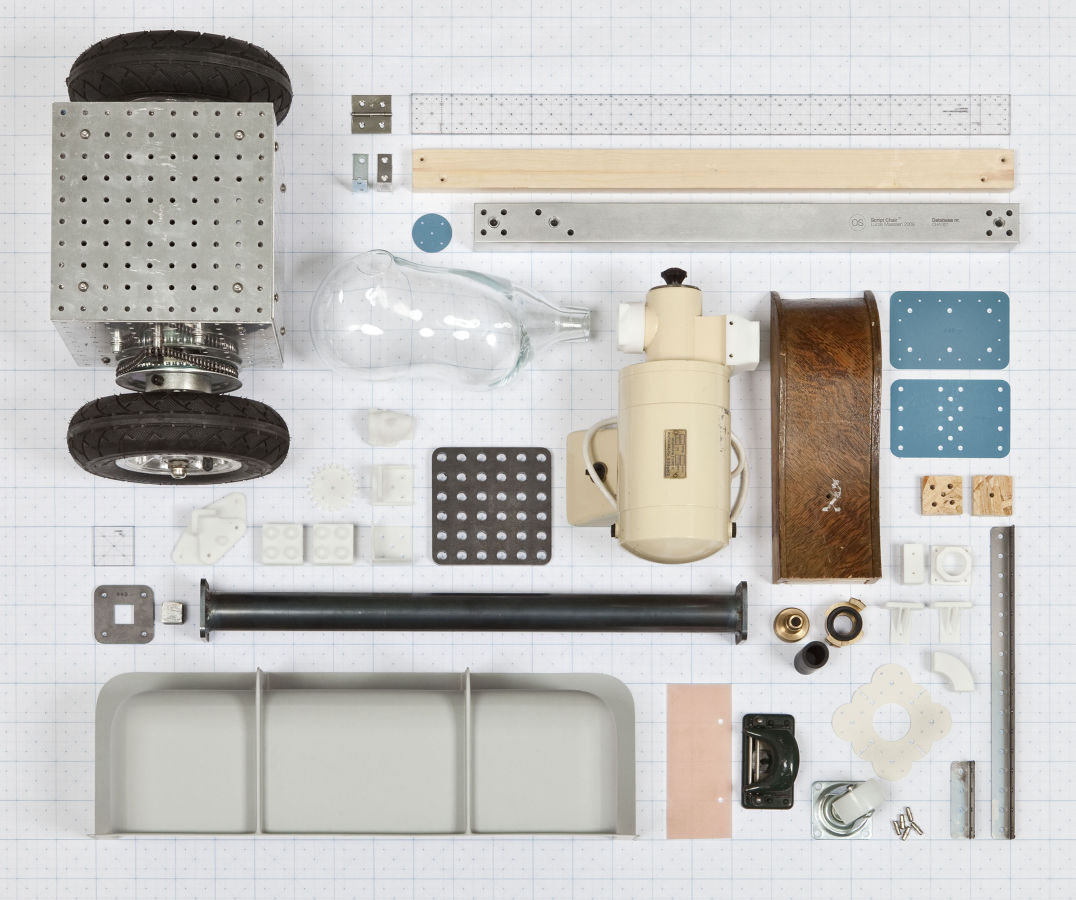
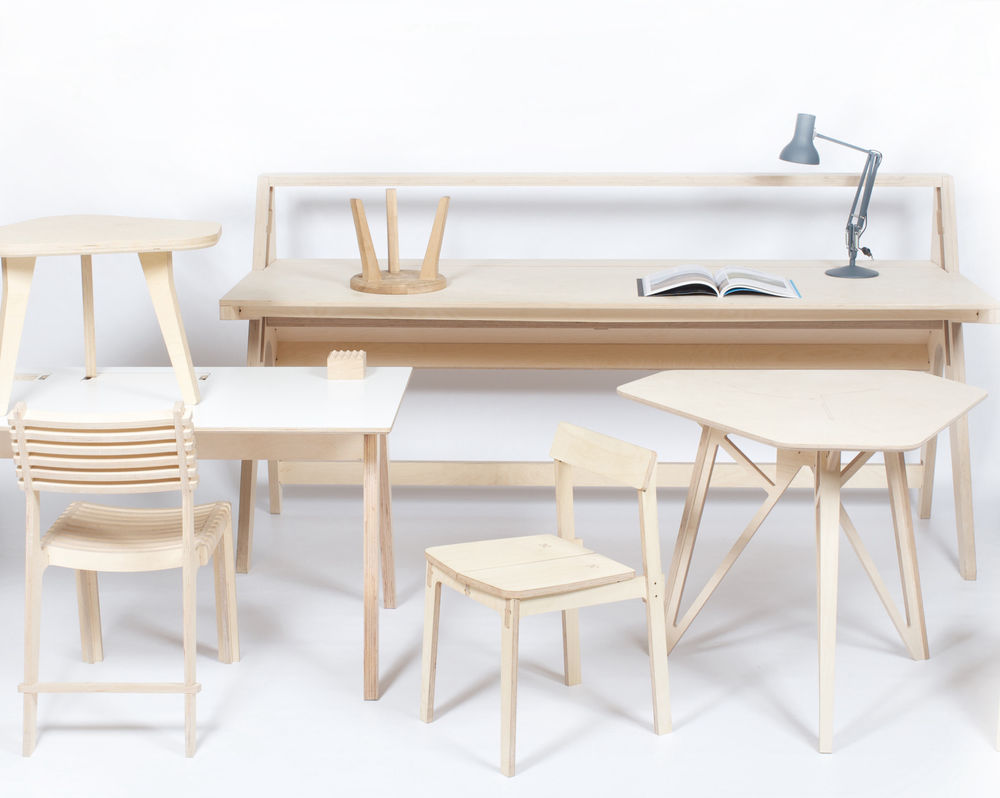
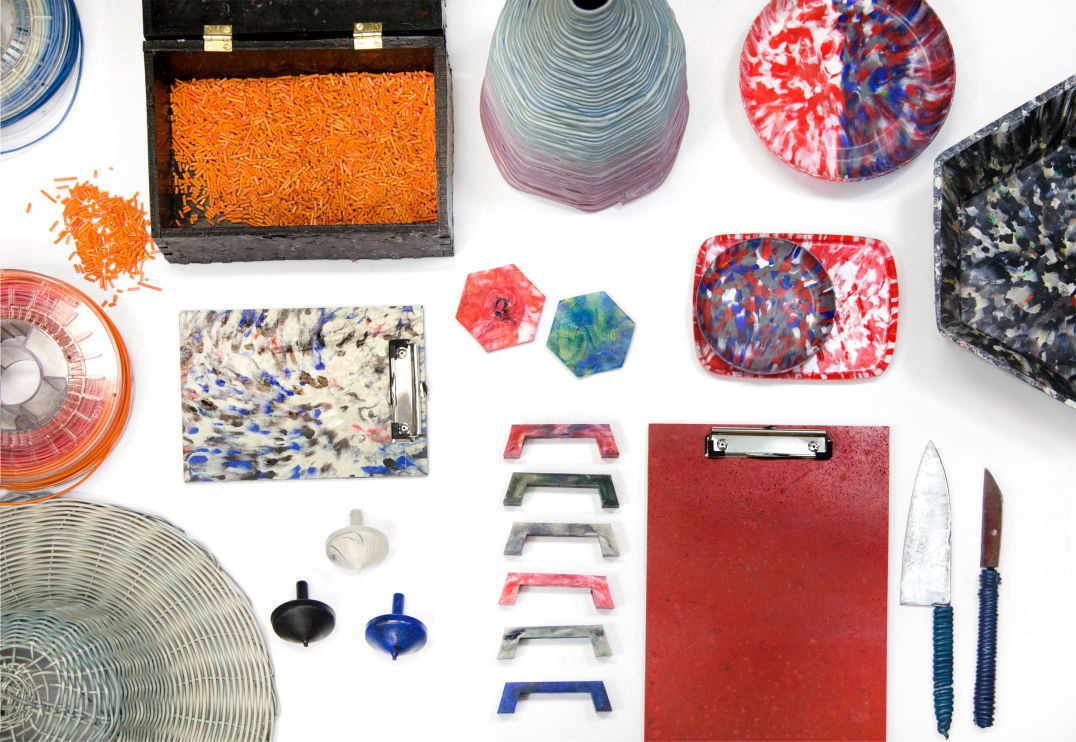
In this study, I have explored how design practices can contribute to a postcapitalist transition. Just as the transition into capitalism was a gradual, complex, and uneven process, the way out of capitalism also proceeds by “strange and circuitous routes”.

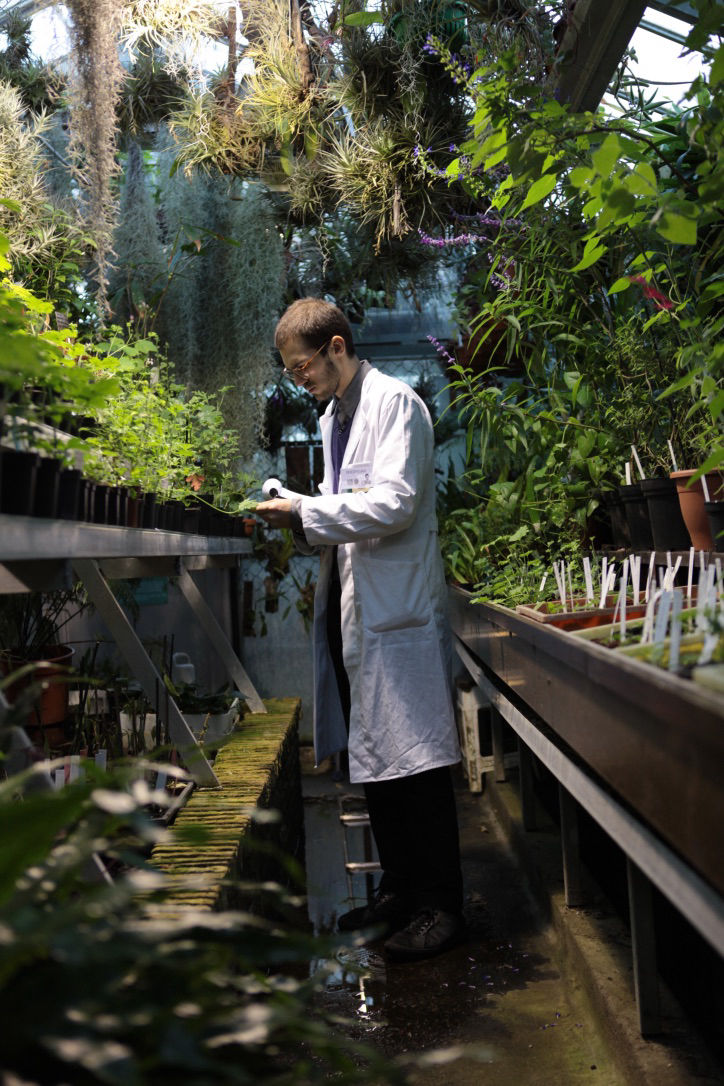
Born in Ankara and studied in Strasbourg, I am a postcapitalist designer, commoning researcher and climate justice organiser. I work at the intersections of creative production, radical politics and ecological transition. I co-developed Climate Games (transmedia event enabling peer-to-peer disobedience) and Shell Must Fall (grassroots campaign targeting shareholder meetings). I co-initiated the housing projects NieuwLand (postcapitalist urban commune), and de Nieuwe Meent (cooperative based on commoning). I teach eco-social design at New Earth (Willem de Kooning Academy).
Make your own website with Mobirise